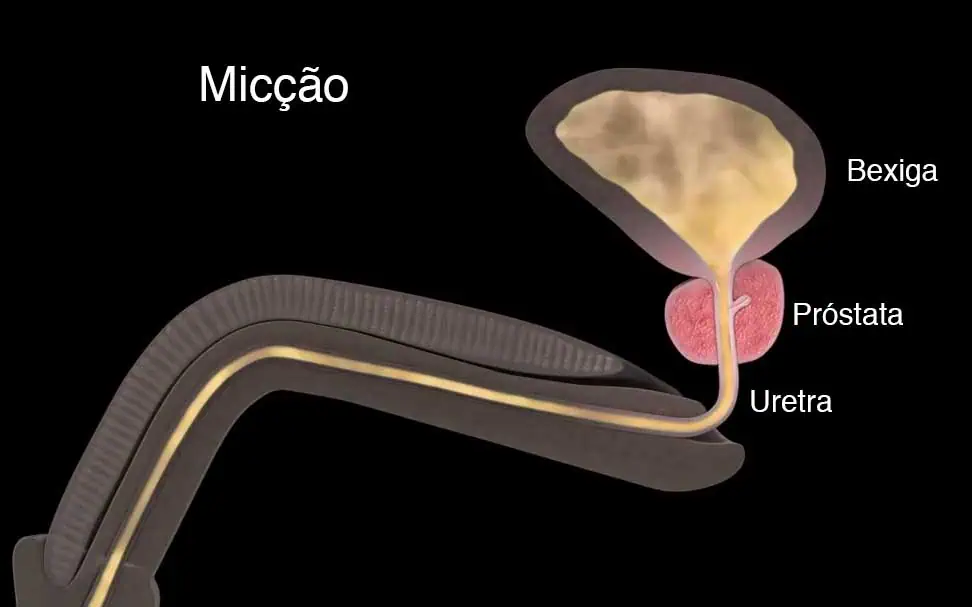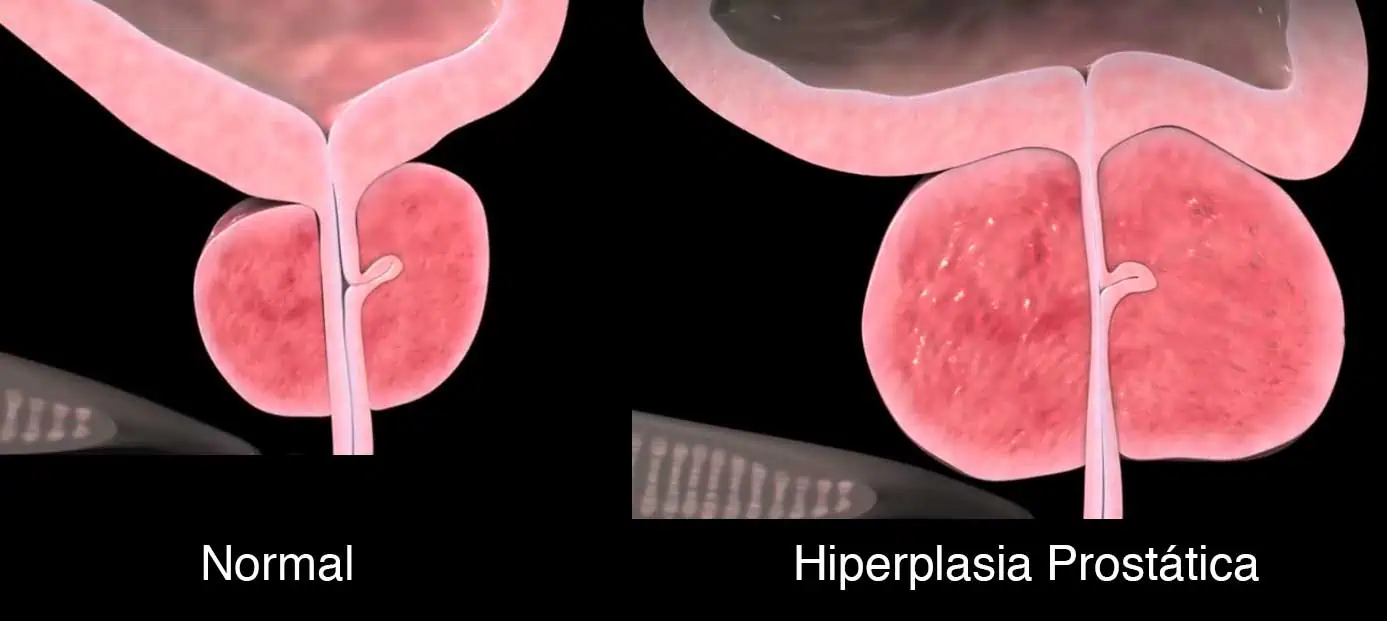Enlarged Prostate - Benign Prostatic Hyperplasia
%
of men are affected by the disease
Benign prostatic hyperplasia (BPH) is a common condition that affects many men as they get older. It occurs when the prostate, a small gland located below the bladder and responsible for producing seminal fluid, increases in size and begins to press on the urethra, the channel that carries urine from the bladder out of the body. This increase in the size of the prostate is benign, meaning that it is neither a cancer nor a life-threatening condition. However, it can cause uncomfortable symptoms and affect quality of life.


Symptoms
As we get older, the prostate can grow and press on the urethra, causing uncomfortable urinary symptoms and sometimes interfering with the flow of urine. These symptoms are commonly known as lower urinary tract symptoms (LUTS)
Obstructive symptoms:
- Weak or intermittent urinary stream
- Hesitation
- The need to "push" to urinate
- Feeling of not emptying the bladder completely
- Dripping at the end of urination.
Irritative symptoms:
- Urinary urgency (need to rush to urinate)
- Increased frequency (having to urinate several times)
- Need to urinate at night
- Urinary incontinence
Risk factors
Age. Prostate enlargement with age rarely causes symptoms in young men under 40; however, 29% of men aged 50-59, 40% aged 60-69 and 56% over 70 will experience symptoms.
Family history. If a close relative, such as your father or brother, has had problems with prostate enlargement and urinary symptoms due to ageing, this could increase your risk of facing similar problems.
Diabetes and heart disease. Studies show that diabetes, heart disease and the use of beta blockers can increase the risk of prostatic hyperplasia.
Lifestyle. Obesity increases the risk of prostatic hyperplasia. Regular exercise can reduce this risk.
Treatment
We know that 24% of the male population has these low urinary symptoms, which can reach up to 57% of men with more than 70 years of age. The main risk factor is age.
Most men who have this difficulty urinating are treated with oral medication, with a success rate of 81,2%. The others 18,8% will present therapeutic failure and will be referred for surgical treatment. 8% of men between 60-69 years e 22,4% with more than 70 years will need surgical treatment.
Complications
Urine retention. The patient is unable to urinate, requiring emergency care and the passage of a tube (catheter) through the penis into the bladder to drain the trapped urine. Some men will require surgery.
Urinary tract infection. The inability to empty the bladder completely can increase the risk of urinary infection. If infections occur frequently, surgery may be necessary.
Bladder stones. It is usually caused by an inability to empty the bladder. Calculi can also cause infection, irritation, obstruction or bleeding in the urinary tract.
Bladder injury. A bladder that doesn't empty completely becomes stretched and weakens over time. As a result, the muscles of the bladder wall lose their contractility and the ability to empty the bladder fully.
Kidney damage. The increased pressure in the bladder caused by total or partial urinary retention can directly damage the kidney or allow a bladder infection to reach it.
Most men with an enlarged prostate will not experience these complications, however, urinary retention and kidney damage can be a threat.
Having an enlarged prostate does not seem to increase your risk of prostate cancer.
NEW TECHNOLOGY
Water vapor - R3zum
Innovation available in Brazil
A new form of minimally invasive treatment, with fewer complications, no need for hospitalization and no change in sexual function.
Dr. Alexandre Miranda is one of the pioneers in treatment with Re5um technology.
Book your appointment now
Video demonstrating the Re5um procedure.
